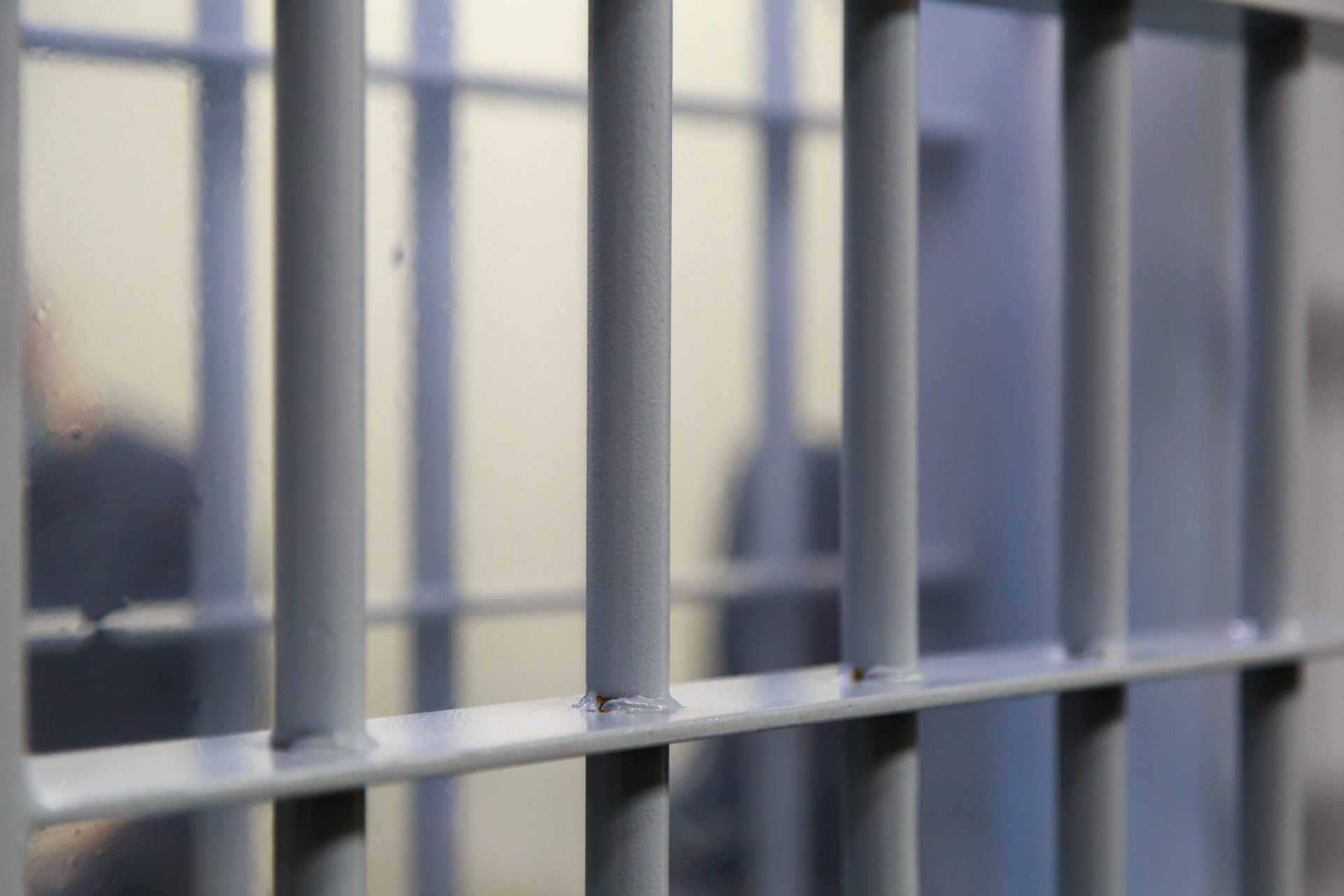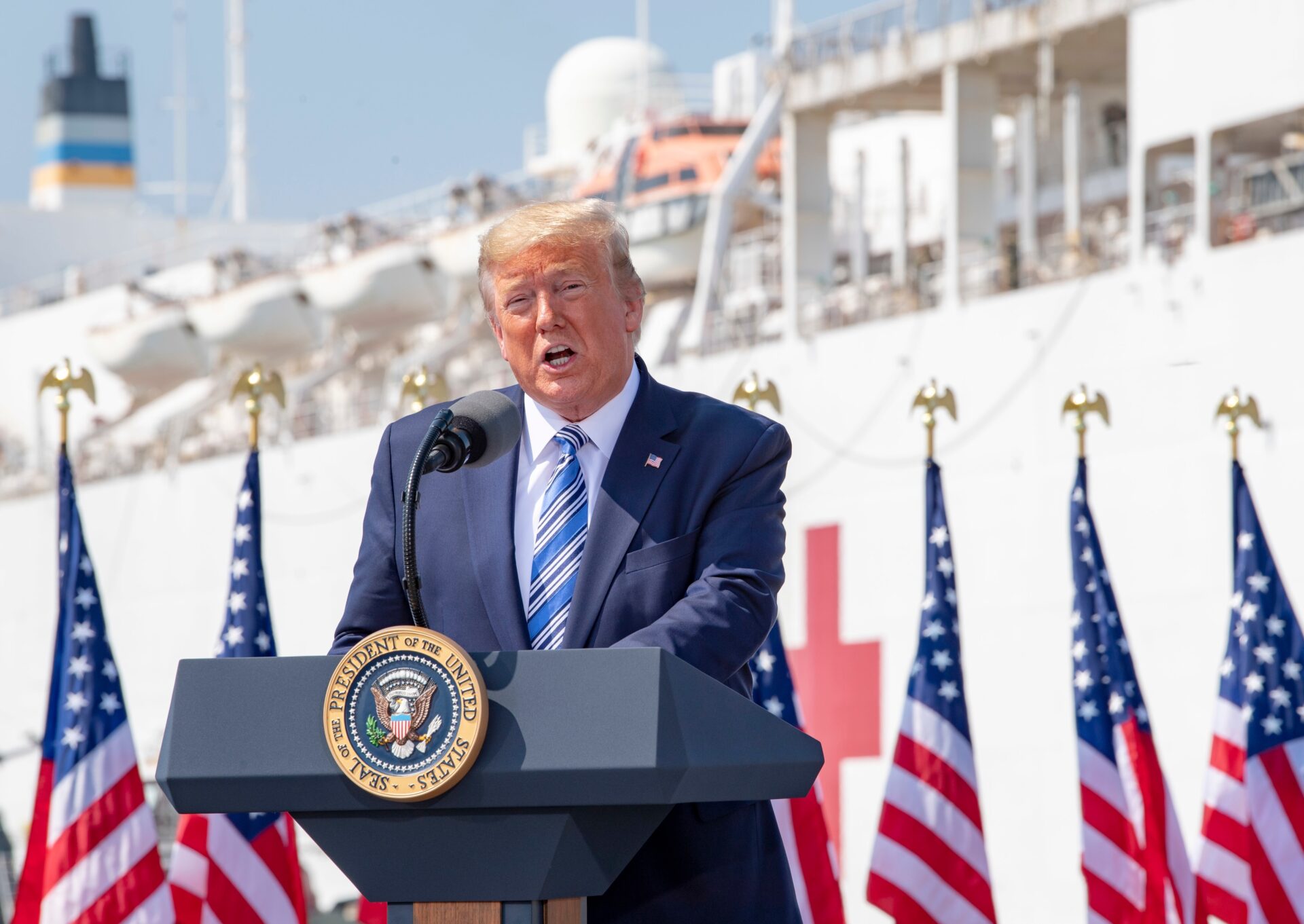
Epstein DEATH SHOCK – Mobster Calls It a HIT!
A former Colombo crime family capo who shared a cell block with Jeffrey Epstein has torched the official suicide narrative, reigniting suspicions that the disgraced financier’s death was a calculated cover-up.
At a Glance
- Michael Franzese, ex-Colombo family caporegime, insists Epstein’s suicide was impossible given the cell conditions and surveillance.
- The DOJ and FBI maintain the official suicide ruling, despite widespread skepticism and ongoing lawsuits from Epstein’s victims.
- Repeated camera failures, inattentive guards, and the absence of a “client list” fuel theories of a cover-up and elite protection.
- Public trust in federal institutions continues to erode as new revelations and legal actions emerge.
Mobster Insider: “It Was Impossible”
Michael Franzese, the former Colombo family caporegime turned whistleblower, has publicly declared that Jeffrey Epstein’s alleged suicide in a high-security Manhattan jail was simply “impossible.” Drawing from his own incarceration at the Metropolitan Correctional Center (MCC), Franzese detailed how the infrastructure of the jail—combined with layers of surveillance—would have prevented Epstein from taking his own life unnoticed. According to Franzese, it would have been extraordinarily difficult for any inmate to stage a hanging without immediate detection, unless there was deliberate negligence or worse.
Watch a report: Former Mobster Exposes Epstein Death Lies.
Franzese’s comments are not the idle musings of a conspiracy theorist but insights from a man who has navigated the darkest corners of America’s penitentiary system. His claims have reignited widespread public skepticism, especially given the notorious camera failures, inattentive guards, and overall suspicious circumstances surrounding Epstein’s death. The absence of Epstein’s highly anticipated “client list”—which reportedly contained names of elite global figures—has only deepened public outrage and suspicion of an elaborate cover-up.
DOJ’s Defense Wears Thin
The Department of Justice and FBI continue to assert that Epstein died by suicide, with both agencies citing comprehensive investigations and procedural reviews. Yet for millions of Americans, these proclamations ring hollow. Not only have multiple lawsuits from Epstein’s victims criticized federal oversight, but they have also accused authorities of knowingly placing Epstein in harm’s way. The fact that no comprehensive client list has been released—nor have any high-profile figures been meaningfully implicated—fuels perceptions that the federal government is shielding powerful individuals from exposure.
As legal scholar and former inmates have pointed out, the procedural and logistical gaps in Epstein’s final hours simply do not align with standard federal detention protocol. The DOJ’s position is increasingly seen as bureaucratic obfuscation rather than a genuine attempt at transparency. Even the mainstream media continues to revisit the story, driven by public demand for answers that never come. The continued drip of revelations, including the views of insiders like Franzese, strips away any remaining faith in the government’s version of events.
Crisis of Trust and Systemic Rot
The broader consequence of Epstein’s death and its murky investigation is a deepening national crisis of trust in federal law enforcement. From the DOJ to the Bureau of Prisons, the institutions tasked with safeguarding justice appear either woefully incompetent or actively complicit in covering up the truth. For the public, this saga reinforces a grim reality: when the rich and powerful are involved, the system bends to protect them.
Many common whistleblowers encounter severe repercussions, while those linked to certain high-profile cases seem to evade examination. The implication is evident—some individuals are perceived as being beyond accountability. With unanswered questions and unexplained technical issues, this situation highlights issues of trust and transparency. Without true accountability, the public is left feeling uninformed and uncertain about the integrity of the systems meant to serve them.


